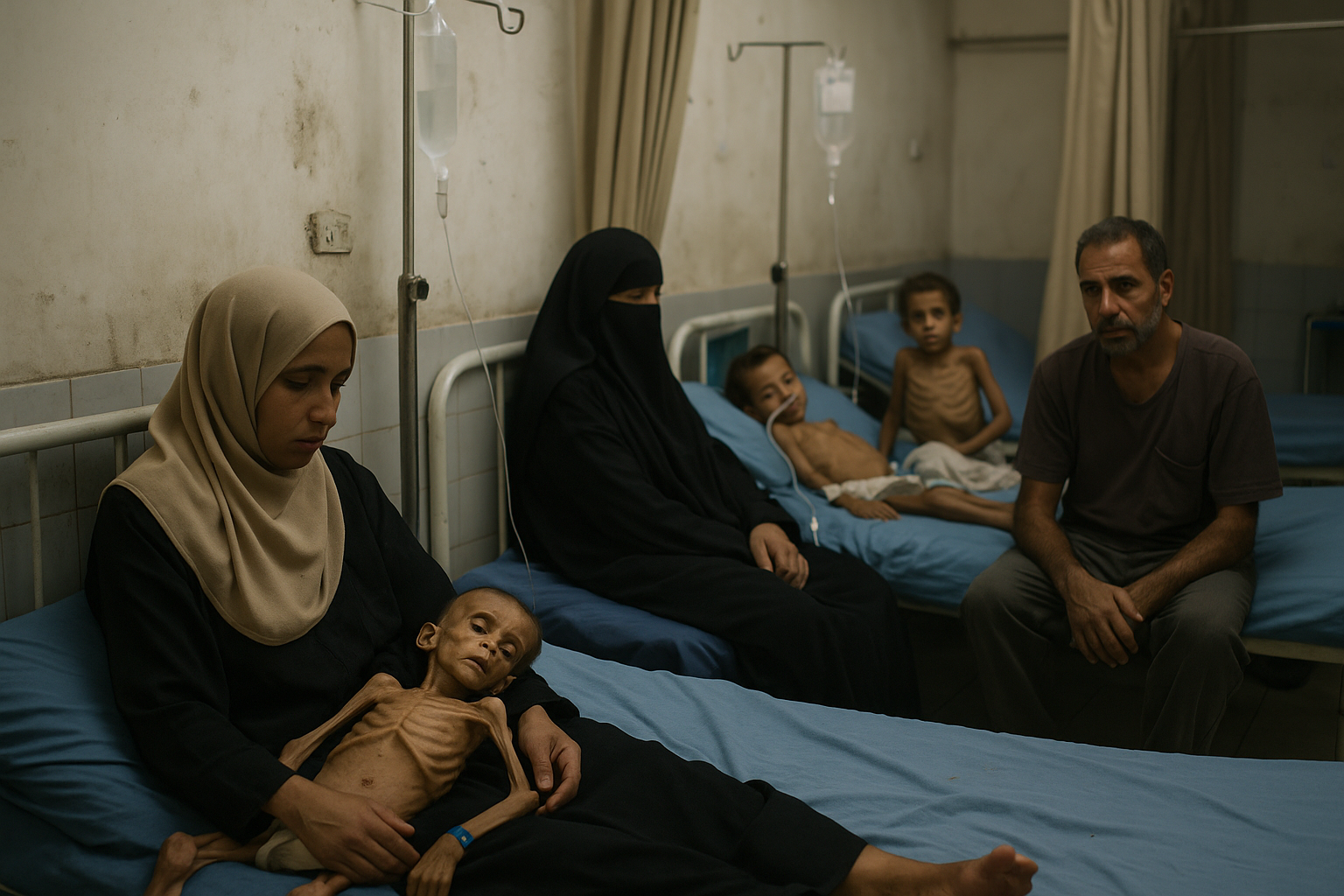UN Rights Chief Demands Probe Into Attacks on Gaza Aid Flotilla
Türk emphasized that such actions, if confirmed, represent a serious violation of international humanitarian law and must be thoroughly investigated.

The UN High Commissioner for Human Rights, Volker Türk, has issued a strong condemnation of reported attacks and harassment against the Gaza-bound Global Sumud Flotilla, a humanitarian mission attempting to deliver urgent food and medical supplies to the besieged enclave. According to reports, the flotilla was subjected to drones and other objects interfering with its passage, raising grave concerns for the safety of aid workers and the civilians depending on their assistance.
Türk emphasized that such actions, if confirmed, represent a serious violation of international humanitarian law and must be thoroughly investigated. “There must be an independent, impartial and thorough investigation into these attacks. Such violations cannot go unanswered, and those responsible must be held to account,” he said.
Gaza’s Dire Humanitarian Emergency
The warning comes amid a rapidly worsening crisis in Gaza, where hundreds of thousands of Palestinians face famine and acute starvation. Years of blockade, combined with the destruction of essential infrastructure, have left the civilian population with dwindling access to food, clean water, electricity, and healthcare. The situation has reached a point that humanitarian organizations describe as unprecedented in scale and severity.
Human rights monitors report that families are surviving on minimal rations, while hospitals struggle without adequate medical supplies. Aid convoys face regular delays, restrictions, or outright denial of access, worsening the plight of civilians.
Israel’s Responsibilities as Occupying Power
Türk reiterated that under international humanitarian law, particularly the Fourth Geneva Convention, Israel as the occupying power has a legal obligation to ensure the welfare of the population under its control. This includes:
-
Providing food and medical supplies to the fullest extent of available means.
-
Facilitating impartial humanitarian relief schemes when unable to meet needs directly.
-
Allowing rapid, unhindered delivery of humanitarian aid through land, sea, and air corridors.
The High Commissioner stressed: “Israel must urgently lift the blockade on Gaza and allow the entry of life-saving material through all means possible. The deliberate obstruction of humanitarian aid only deepens the suffering and endangers countless lives.”
Call for Accountability and Protection of Humanitarian Workers
The reported attacks on the Global Sumud Flotilla reflect a dangerous pattern of threats and violence against aid workers. The UN has repeatedly reminded all parties that humanitarian personnel, medical staff, and facilities are protected under international law. Any targeting or harassment of those delivering aid not only violates these protections but also jeopardizes global humanitarian principles.
Türk urged the international community to support a credible investigation and called on all states with influence to ensure that humanitarian corridors to Gaza remain open and secure.
A Test of International Solidarity
The crisis in Gaza is being closely watched worldwide, with growing calls for immediate and sustained humanitarian access. Civil society groups and international organizations have demanded urgent steps to end restrictions, guarantee safe delivery of aid, and protect those working to alleviate the suffering of civilians.
As the High Commissioner concluded: “Attacks on those delivering aid to starving populations defy belief. At a time of such grave humanitarian need, solidarity and accountability are not optional—they are obligations.”
ALSO READ
Man Arrested for Threatening Israeli Prime Minister Netanyahu
Drone Down: Israeli Aircraft Crashes at UNIFIL HQ in Lebanon
Kamala Harris Faces Israel-Gaza Conflict Amidst Book Tour Frenzy
Gulf Nations Reconsider Israel as a Greater Threat than Iran
Iran's president says US, Israeli attacks inflicted a 'grievous blow' on international trust and peace prospects, reports AP.










